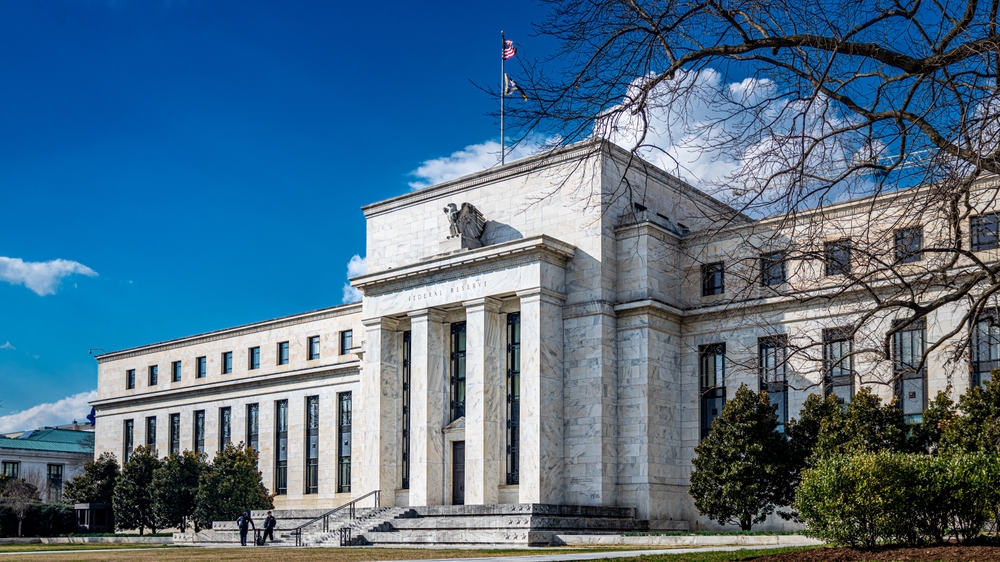Federal Reserve Chair Jerome Powell has consistently warned about the “unsustainable” fiscal path of the U.S. government since becoming the central bank’s head nearly seven years ago. His concerns, especially regarding large fiscal deficits and rising debt, remain a focal point in his economic commentary.
Powell’s Repeated Warnings
Throughout his tenure, Powell has emphasized that the nation’s fiscal policy is a significant challenge. Despite acknowledging that the Federal Reserve does not directly set fiscal policy, he has repeatedly stated that fiscal issues will have a long-term impact on the U.S. economy. In September 2018, Powell remarked, “We have been on an unsustainable fiscal path for a long time, and there is no hiding from it.” Nearly seven years later, his concerns persist, with Powell stating, “We’re running very large deficits at full employment, and this is a situation that we very much need to address.”
Moody’s Downgrade of U.S. Credit Rating
Powell’s warnings gained new urgency after Moody’s downgraded the U.S. credit rating from AAA to AA1. The downgrade, attributed to escalating fiscal deficits and the rising cost of refinancing government debt, underscores the concerns Powell has been raising for years. Moody’s cited the potential consequences of extending President Trump’s 2017 tax cuts, which could add $4 trillion to the deficit over the next decade, pushing the U.S. debt burden to 134% of GDP by 2035.
Reactions from the White House and Lawmakers
Despite Moody’s downgrade, both the White House and lawmakers have downplayed the impact. White House Press Secretary Karoline Leavitt stated that President Trump disagreed with Moody’s assessment, emphasizing confidence in the U.S. economy. Treasury Secretary Scott Bessent labeled the downgrade as a “lagging indicator,” and Stephen Miran, the chair of the White House Council of Economic Advisers, assured the public that reducing the deficit remains a priority for the administration.
Fiscal Policy and Long-Term Growth
While Powell has been vocal about fiscal concerns, he has also noted that the solution lies within the hands of Congress. He has repeatedly pointed out that the increasing burden of entitlement programs like Medicare, Medicaid, and Social Security—coupled with an aging population—needs to be addressed to secure long-term fiscal stability. Powell suggested that focusing on entitlement reform, rather than discretionary spending cuts, is essential to address the growing fiscal imbalances.
Interest Rates and Economic Growth
Another area where Powell’s views diverge from President Trump’s is on interest rates. While Trump has urged the Fed to cut rates to stimulate the economy, Powell has maintained that the Fed’s mandate is focused on monetary policy, not fiscal issues. Despite Powell’s caution, investors anticipate that the Fed may cut interest rates twice this year, beginning in September.
The Path Forward
Powell’s term as Fed chair is set to expire in May 2026, but his views on fiscal policy and the growing national debt are expected to influence the Fed’s approach to monetary policy in the coming years. As discussions continue on how to reduce the deficit and manage the long-term fiscal challenges, Powell remains firm in his belief that it is critical for the U.S. to address its unsustainable fiscal trajectory.


